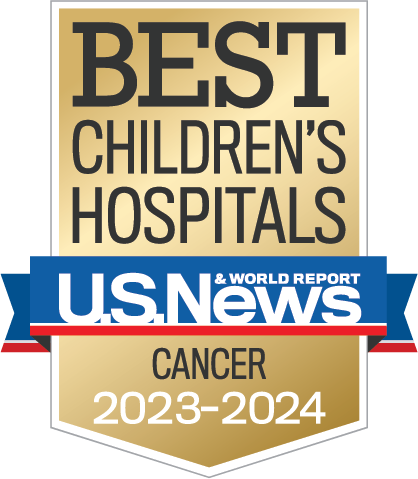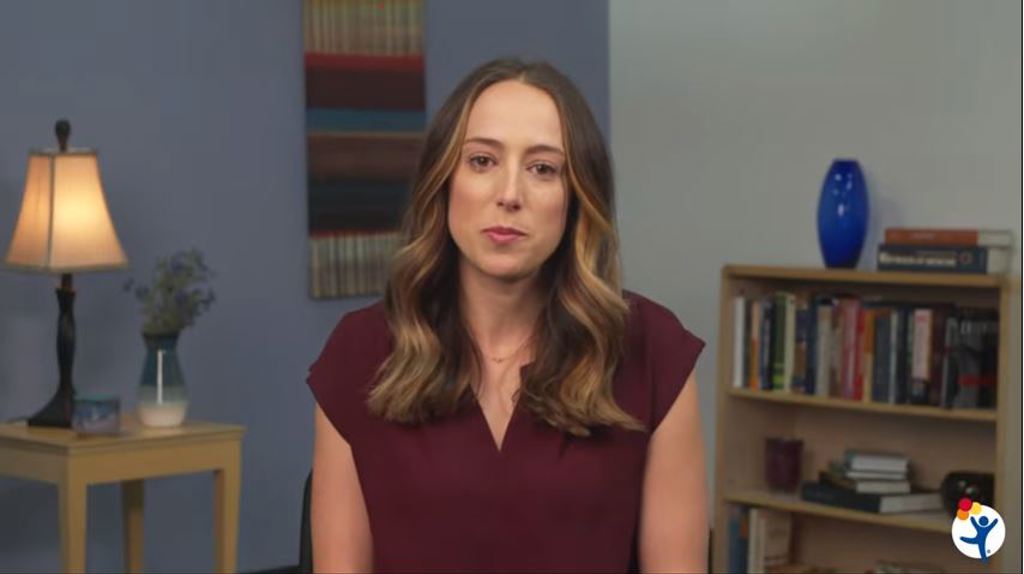- Doctors & Departments
-
Conditions & Advice
- Overview
- Conditions and Symptoms
- ¿Está enfermo su hijo?
- Parent Resources
- The Connection Journey
- Calma Un Bebé Que Llora
- Sports Articles
- Dosage Tables
- Baby Guide
-
Your Visit
- Overview
- Prepare for Your Visit
- Your Overnight Stay
- Send a Cheer Card
- Family and Patient Resources
- Patient Cost Estimate
- Insurance and Financial Resources
- Online Bill Pay
- Medical Records
- Política y procedimientos en el hospital
- Preguntamos Porque Nos Importa
-
Community
- Overview
- Addressing the Youth Mental Health Crisis
- Calendar of Events
- Child Health Advocacy
- Community Health
- Community Partners
- Corporate Relations
- Global Health
- Patient Advocacy
- Patient Stories
- Pediatric Affiliations
- Support Children’s Colorado
- Specialty Outreach Clinics
Your Support Matters
Upcoming Events
Mental Health Town Hall
martes, 23 de abril de 2024Join Children’s Hospital Colorado pediatric experts for a virtual...
-
Research & Innovation
- Overview
- Clinical Trials
- Q: Pediatric Health Advances
- Discoveries and Milestones
- Training and Internships
- Academic Affiliation
- Investigator Resources
- Funding Opportunities
- Center For Innovation
- Support Our Research
- Research Areas

It starts with a Q:
For the latest cutting-edge research, innovative collaborations and remarkable discoveries in child health, read stories from across all our areas of study in Q: Advances and Answers in Pediatric Health.


Hematology and Oncology Education Videos
Our top-ranked hematology, oncology, blood and marrow transplant and cellular therapy programs are national leaders in new and advanced treatments for pediatric cancers and blood diseases.

Our Center for Cancer and Blood Disorders specialists provide innovative pediatric hematology, oncology, bone marrow transplant and cellular therapeutic care. We’re committed to improving care for children with cancer and blood disorders at our care locations and around the world. Watch the provider education videos below to learn from our pediatric oncology and hematology experts.
CDK7 Inhibitors for Atypical Teratoid/Rhabdoid Tumor (AT/RT)
Atypical teratoid/rhabdoid tumor (AT/RT) is a rare and aggressive cancer affecting the brain or spinal cord, primarily in children under the age of 3. At Children's Hospital Colorado, Jean Mulcahy-Levy, MD, and her team embarked on a quest to unveil new treatment avenues using a CRISPR genetic screen.
In this video, learn more about Dr. Mulcahy-Levy’s research and how rigorous testing revealed a potent combination therapy that may, after proving safe in adult trials, apply to pediatric AT/RT treatment.
Prophylaxis in hemophilia
Discover the latest breakthroughs in hemophilia treatment with pediatric experts as they explore cutting-edge therapies that could change lives for those with the condition. These breakthroughs are discussed in the context of the Joint Outcome Study and Joint Outcome Continuation Study, which re-defined the standard of care in hemophilia.
In this video, Drs. Beth Warren and Marilyn Manco-Johnson discuss the importance of early prophylaxis in reducing osteochondral damage for those with hemophilia and the challenges of providing consistent clotting factor replacement therapy. They also examine promising new products in development, such as longer-acting factor proteins and emicizumab, an engineered antibody that offers a more convenient treatment option. Also, learn about the first hemophilia gene therapy treatment recently approved by the FDA in November 2022.
Pediatric low-grade glioma
Low-grade gliomas can present in various ways, including vomiting, headaches and neurologic changes. While there are different types of low-grade gliomas, such as pleomorphic xanthoastrocytoma, pilomyxoid astrocytoma or ganglioglioma, they all fall into a single pathway of disease.
In this video, pediatric neuro-oncologist Jean Mulcahy-Levy, MD, explains the disease pathway, which starts with the RAS regulator protein and signals to other proteins, including BRAF, MEK and ERK. A loss of RAS regulation may result in unregulated cell growth, leading to low-grade gliomas. Dr. Mulcahy-Levy also discusses various treatment options, including surgery, chemotherapy, targeted therapy (e.g., BRAF and MEK inhibitors) and radiation. For parents of a child with a low-grade glioma, Dr. Mulcahy-Levy provides suggestions for parent resources and support groups.
Sexual and reproductive health in adolescent and young adult cancer survivors
Cancer and its treatment may cause infertility, hormone dysfunction, maternal-fetal complications and sexual dysfunction. While most of these issues are recognized by healthcare providers and specialists, sexual dysfunction is not. Yet, sexual function concerns occur in 20 to 50% of childhood cancer survivors. Provider awareness and proactive surveillance is critical because many patients may be unaware of the risks or feel uncomfortable discussing this topic with their providers.
In this video, Jenna Sopfe, MD, pediatric oncologist and specialist in the Center for Cancer and Blood Disorders Hope Survivorship Program discusses sexual and reproductive health and sexual dysfunction in adolescent and young adult cancer survivors. Dr. Sopfe also reviews her research, which involves the development of a more adolescent-friendly approach to discussing sexual function with patients. Dr. Sopfe is creating an evidence-based communication tool that will be tested for effectiveness and usability in a real-world trial across multiple hospitals.
Iron Deficiency Anemia (IDA) in Children and Young Adults
Treating iron deficiency anemia (IDA) in children through diet alone may fail to address the root of the problem. Taizo Nakano, MD, PHD, is a doctor with our Center for Cancer and Blood Diseases as well as the Medical Director of our Vascular Anomalies Center. In this video, Dr. Nakano explains the range of possible causes for IDA, looking beyond the baseline factor of adequate dietary intake. To get to the source of IDA, Dr. Nakano explains that doctors must look at other factors such as appropriate absorption, storage and utilization of iron. Watch to learn about the nuances of diagnosing and treating IDA, as well as the important differences between IDA and Thalassemia.
Diagnosis and Management of Sickle Cell Disease
The Hematology Program at Children’s Colorado is internationally recognized for expertise in hemophilia, bleeding and clotting disorders, hematological diseases and immuno-hematological diseases. In this video, assistant professor Christopher McKinney, MD, talks about the diagnosis and management of patients with sickle cell disease and briefly reviews new and emerging treatment options.



 720-777-0123
720-777-0123









